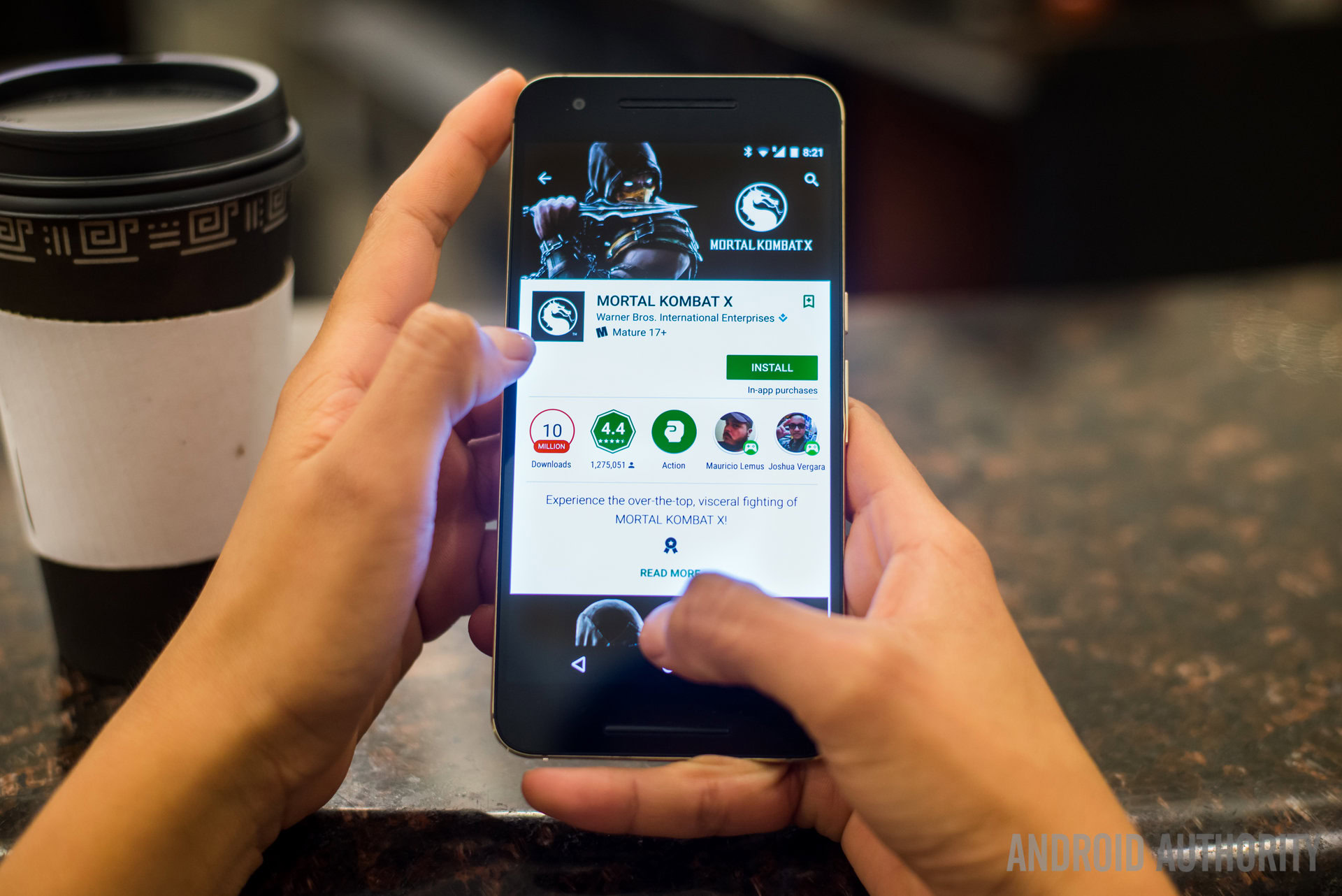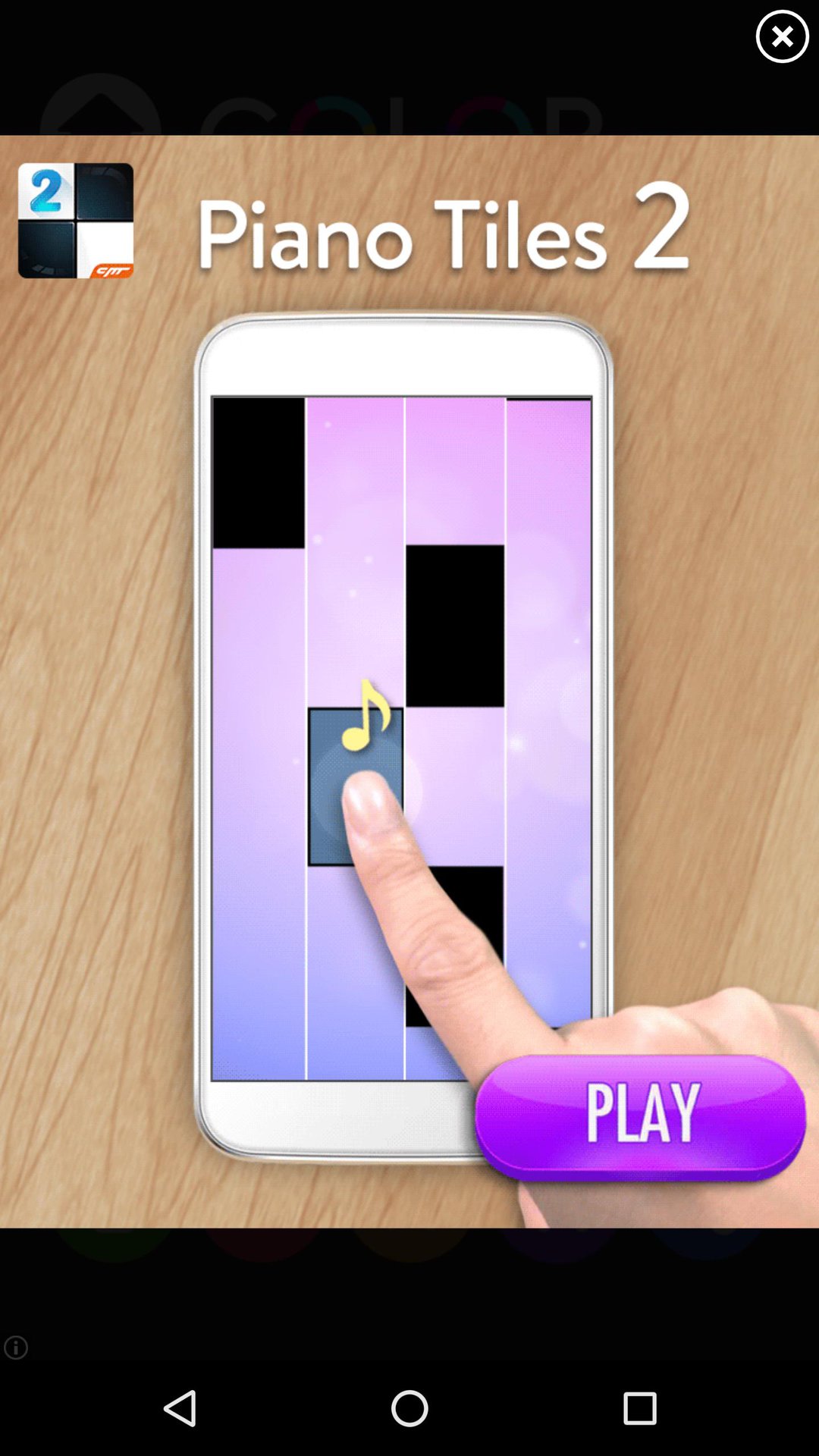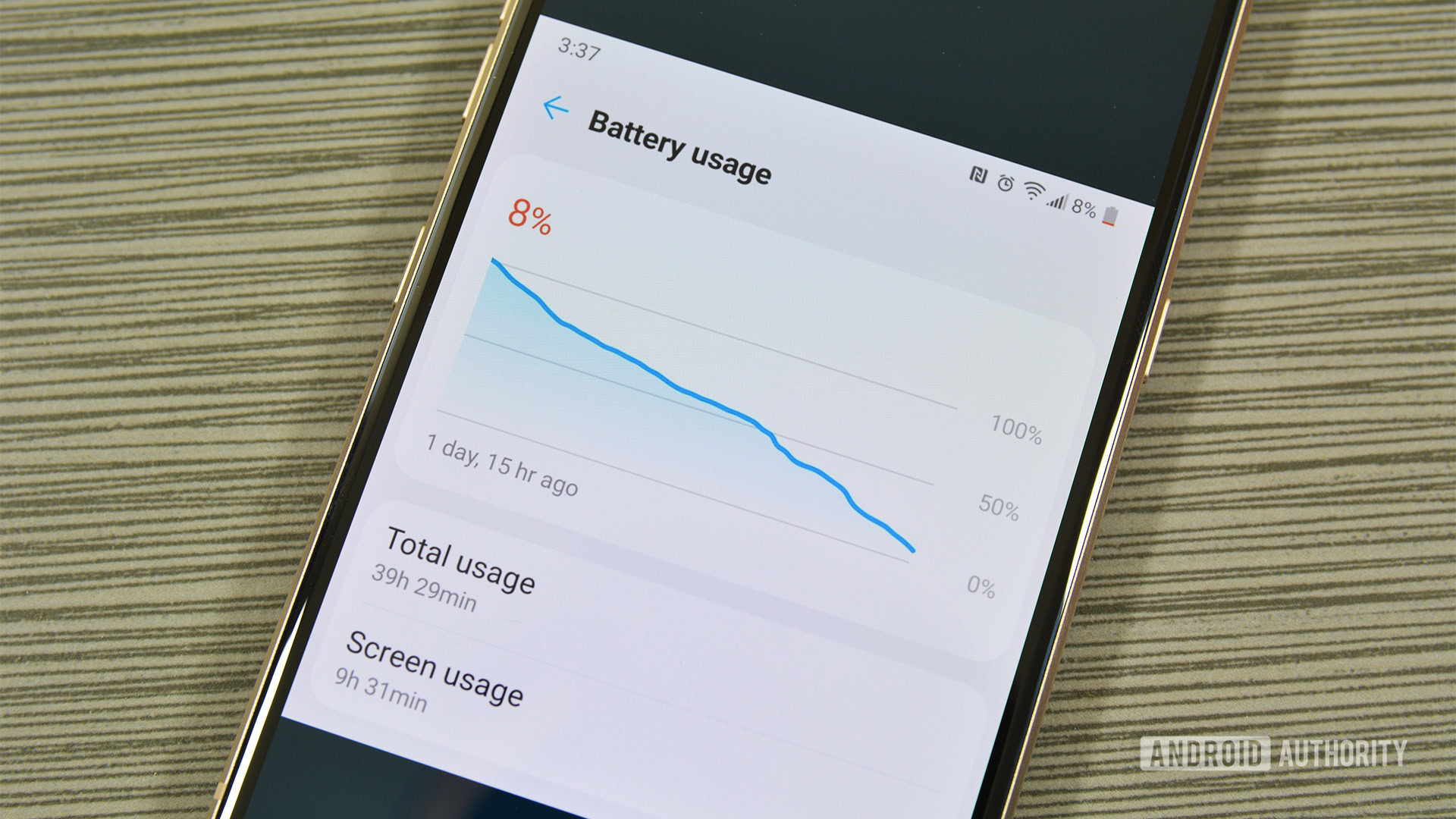Affiliate links on Android Authority may earn us a commission. Learn more.
Free apps can cost more than you think: here's why

We all love free apps, right? The idea that one has to pay for mobile software can even scare off a costumer or two… or thousands. But after reading this article you may want to change your position on the matter and spend those few dollars most paid apps probably cost.
Here’s the deal: the guys making the apps have to eat somehow (crazy, right?). This means their hard work has to generate profits some way. An ad here and there may not seem like a big deal when you can get an awesome application for $0, but a new study shows that this model is affecting our mobile experiences much more than we think.
Want to learn how spending that buck or two would be worth it? Let’s look into the negative effects these so-called free apps bring.
Ads are annoying!

Freemium can be even more expensive
While we are on the subject, I would like to discuss the whole freemium model. Yes, you may be able to catch some Candy Crush sessions for free, but remember these games are addictive. Want to keep playing and move forward? You gotta pay up.
And these apps are not making chump change. Candy Crush Saga alone made over $1.3 billion in 2014, all from in-app purchases. We have heard plenty of stories of people spending hundreds of dollars on a single game. Then they complain about Final Fantasy titles going for about $15.
Also read:
Ads kill battery life
You may think it’s just a banner or splash screen, but these can really take a toll on your battery life. According to research done by universities USC, UCSE and RIT, applications with advertising use about 16% more energy. This translates to an average of 2.5-2.1 hours of battery life going out the window each day.
We keep trying to put larger batteries on phones and create battery-saving methods like Doze Mode, but continue to forget just removing pestering ads would make a significant difference.
Phone slowing down?
Phones always work great when they are new, but somehow they get slower with time. This could be due to multiple reasons, but it seems one of the hidden drawbacks is app advertising. According to the same study, these application ads can make CPU time 48% slower, apart from using up 22% more memory and 56% more processor utilization.
ShutterstockPrecious data going down the drain!
To say we value our data is an understatement. Maybe some of you still enjoy having unlimited amounts of GBs, but most of us are not so lucky. And even if you do have unlimited data, you will likely be throttled if you go too crazy on your usage. The bottom line is: you don’t want to use up unnecessary data if you can avoid it.
Here’s the deal. Ads are almost never the same, which means this information has to be downloaded every single time, as opposed to simply being used from the device’s cache memory. These studies show that apps with advertising drain your data by an average of 79% more. And sometimes up to 100%, depending on your usage and specific apps.

This is simply insane. You could reduce your monthly data tier if your apps simply didn’t display ads.
ShutterstockApp quality
There’s over 1.6 million apps in the Google Play Store, so more than a few are bound to be crappy. It’s a given. No developer is going to want to work extra hard to make an app smooth and pleasing if there won’t be a reward to be had. If the app is paid, the developer is expected to keep the app good looking and in perfect working order.
Wrapping up
So there you have it, guys. There’s plenty of reasons to take the plunge and spend a buck, right? I say it’s enough to sway me away from this model whenever possible.
Luckily, plenty of developers have the option to pay a premium price for removing ads. If not, you can always complain to your developers and ask for this privilege. It’s not only a matter of money, these monetization practices are ruining our experiences.
What other issues do you guys have with free apps?